Range Rovers have gained popularity for their exquisite features, advanced technology, and fantastic off-road performance. But like anything, there are some cons, such as mechanical problems. One notable problem that people seem to have is with the suspension system, which, is very important for a comfortable ride. With timely intervention of potential problems, one can avoid expensive repairs and also make the experience of driving better.
Knowing about suspension failure signs and taking proper precautions will ensure your vehicle performs optimally. This article will detail Range Rover repair solutions with a focus on suspensions so that your SUV can perform at its best.
Understanding the Range Rover’s Suspension System
Range Rover’s suspension system is built for peak comfort with perfect control inside the city and while cruising through rough roads. A majority of models now come equipped with sophisticated air suspensions that adjust automatically to improve handling and put the car in the best position to tackle various types of environments. While modern, these features significantly worsen performance over time and increase the chances of mechanical failures.
Most common issues include air leaks, faulty compressors, and sensor errors that can lead to uneven rides, reduced stability, and costly repairs. Ignoring simple issues can lead to significant malfunctions, which reduces comfort while driving. Routine check-ups, proper maintenance, and speedy Range Rover repair services help keep the suspension system in good working order and save from expensive damages.
Top Signs of a Failing Suspension System
Identifying suspension problems in their early stages greatly reduces the risk of unexpected problems. Catching early signs of suspension issues can save you from abrupt failures and expensive damages. Here is a list of some indicators you might want to consider:
- Uneven Ride Height: If one side of your Range Rover is sitting lower than the other, it might mean that there are air leaks present, struts are worn out, or there is a faulty sensor.
- Bumpy or Harsh Ride: Experiencing excessive bouncing, jolting, or a rough version of a driving experience on all relatively smooth roads usually indicates that the shocks or air suspension are out of service.
- Warning Light on Dashboard: If the suspension light on the dashboard flickers with no noticeable issue, that might be caused by sensor failure, air leaking, or a compressor.
- Noisy Suspension: Cracking, hissing, or grinding noise while driving is the indicator of broken air springs that need replacing old suspension parts.
- Difficulty in Handling: If your Range Rover is unstable when making turns, braking, or accelerating, the shocks and bushings are most likely arise, and the suspension will be out of alignment.
Causes of Suspension Issues in a Range Rover
Suspension problems in a Range Rover can be caused by different issues. Knowing these issues can help address them on time. Here are the reasons for suspension issues:
- Air Suspension Leaks: The system relies on rubber air springs, which may crack or leak over time, causing the vehicle to sit lower than the other side.
- Worn-out Struts and Shocks: Over time, struts and shocks go through wear-and-tear and lose their ability to perform properly, leading to bouncing and rough driving.
- Electronic Sensor Failures: Sensors are important to handle work optimally to enhance drive height and decrease. With time, sensors can wear out, leading the vehicle to sit unevenly, resulting in unnecessary suspension wear.
- Routine Maintenance: Heavy use of damaged roads over a long time, in addition to top loads, mileage can fatigue more parts of your suspension, resulting in greater collapses and expensive repairs.
How Can I Avoid Suspension Issues?
Regular preventive maintenance is the most reliable method to prevent suspension issues. These guidelines will help ensure your Range Rover suspension lasts as long as possible.
- Carrying Out Regular Inspections: Repeated professional inspections should always be conducted to perform general visual wear-and-tear assessments to prevent expensive future failures.
- Checking for Air Leaks: A leaking air suspension can cause uneven and sagging ride heights and hissing noises. Look out for these problems to maintain optimal vehicle performance.
- Keeping Tire Pressure Within Recommended Limits: Inflating your car tires to their recommended level assists in ensuring less strain is put on suspension parts.
- Avoiding Exceeding Weight Limits: Follow the weight limitations to ensure no unnecessary extra load is placed on the suspension, which may cause it to wear out faster.
- Replacement of Old Components: Avoiding replacing old and worn-out parts can lead to performance problems and damage. Remove parts as soon as they reach their old age mark.
Keep Your Range Rover Suspension in Top Shape
Routine maintenance reduces the chances of suspension problems while ensuring a smooth ride. Proper range rover repair services and observation of preliminary indicators can help you avoid more costly breakdowns in the future. A correctly maintained car suspension system provides enhanced safety and improves comfort quality and driving performance with safety.
Preventative actions and the skill to detect regular issues, combined with dedicated knowledge about the Range Rover suspension system, will help extend the system’s life. Regardless of urban or off-road driving conditions, the SUV will continue to be dependable while providing smooth handling performance.
FAQs
What are the most common suspension problems in a Range Rover?
Some of the most common issues with suspension in a Range Rover are air spring suspension leakages, malfunctioning air compressors, worn struts, and failing electronic devices. Regular maintenance and timely repair may help curb these issues.
How do we know if the Range Rover’s suspension is failing?
Signs of failing suspension include height changes, uncomfortable rides, warning lights, unusual suspension sounds, and poor steering sensitivity. Getting your Range Rover serviced by professional repair technicians will quickly fix these issues.
Why does my Range Rover sit lower on one side?
If a Range Rover appears to be sitting down on one side, then certain aspects such as air leak, ripped airbag, or faulty height sensor inflator switch could be at fault. Ignoring this issue could lead to accelerated break down of suspension parts over time.
Can I drive my Range Rover with a bad suspension?
Driving a vehicle with bad suspension can be risky and could cause damage to your vehicle. Suspension manages a vehicle’s handling, stability, and safety. It is a must to seek immediate Range Rover car repair and service to avoid any consequences.

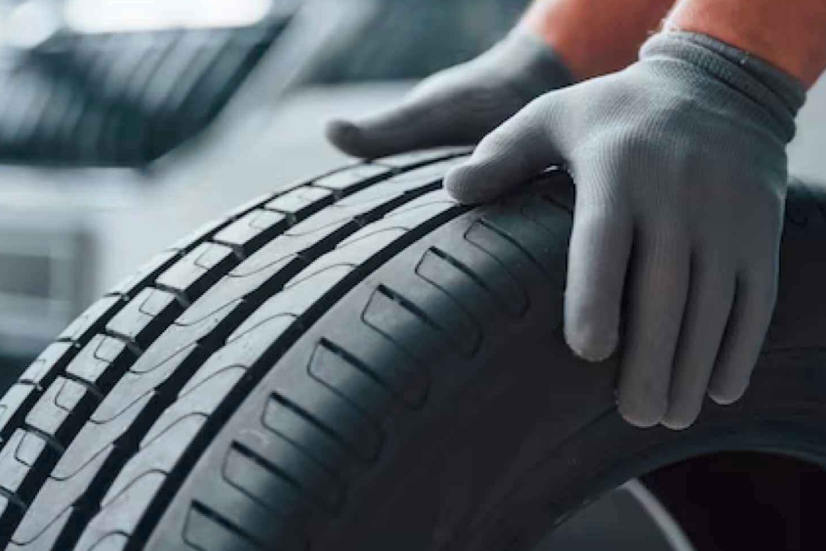 10 Proven Tips to Make Your Car Tyres Last Longer
10 Proven Tips to Make Your Car Tyres Last Longer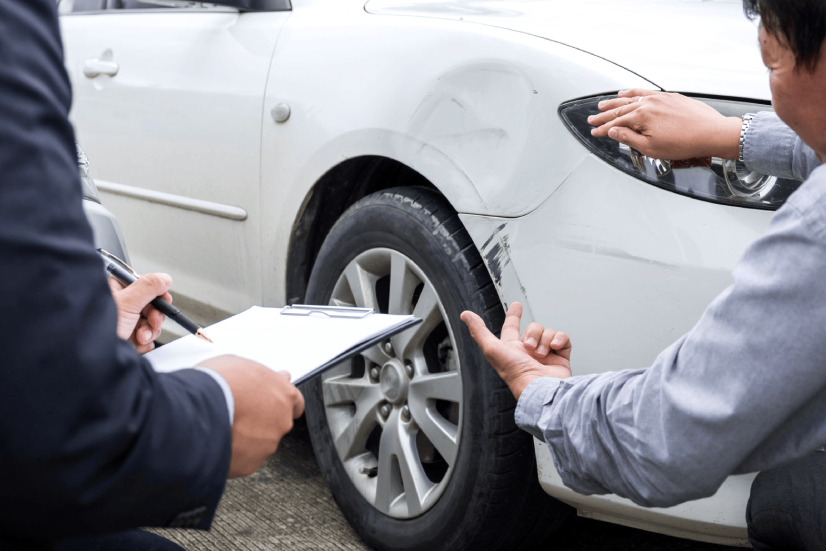 The Advantages of Choosing Paintless Dent Repair
The Advantages of Choosing Paintless Dent Repair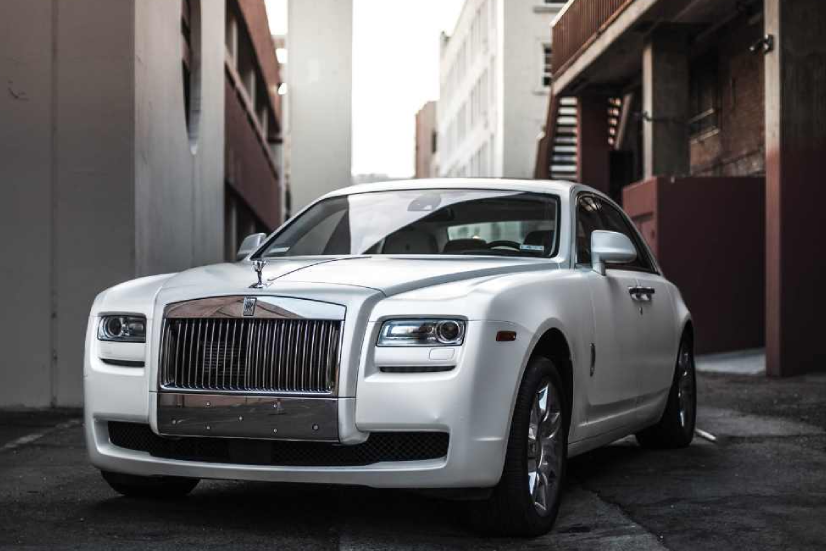 Rolls-Royce – Most Common Faults and How to Keep Yours in Perfect Condition
Rolls-Royce – Most Common Faults and How to Keep Yours in Perfect Condition Bentley – Most Common Faults and How to Prevent Them
Bentley – Most Common Faults and How to Prevent Them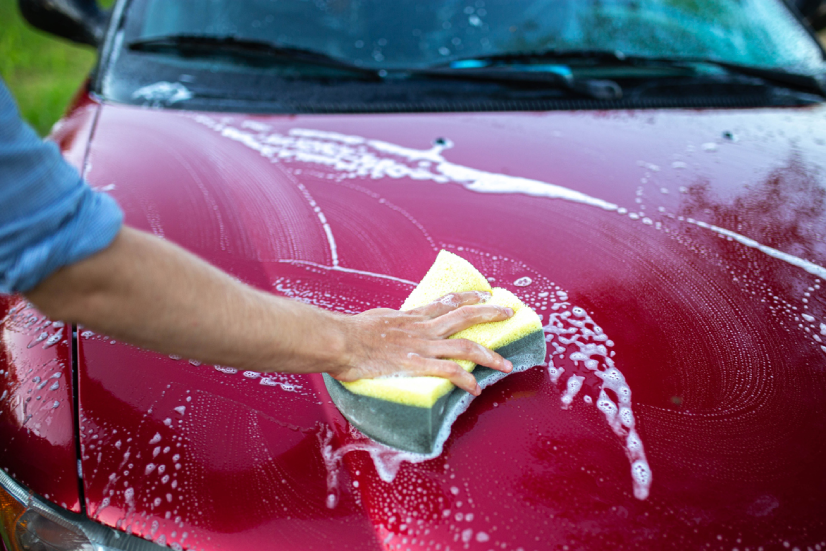 5 Proven Ways to Remove Tree Sap From Your Car Without Damaging the Paint
5 Proven Ways to Remove Tree Sap From Your Car Without Damaging the Paint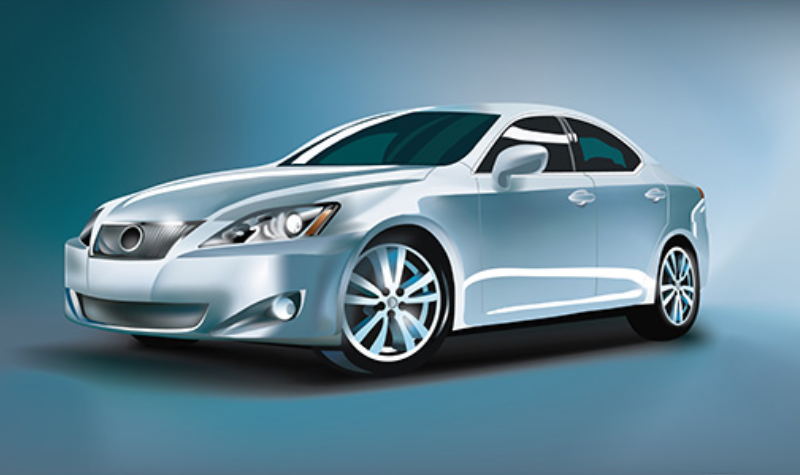 Discover the Most Typical Issues with Lexus Cars
Discover the Most Typical Issues with Lexus Cars What are the Common BMW Issues and How to Fix Them?
What are the Common BMW Issues and How to Fix Them?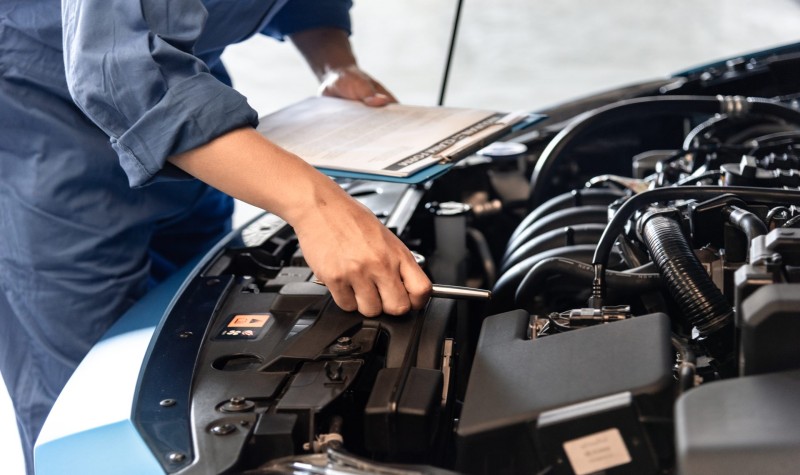 Engine Seized or Locked Up? Here’s What You’re Really Dealing With
Engine Seized or Locked Up? Here’s What You’re Really Dealing With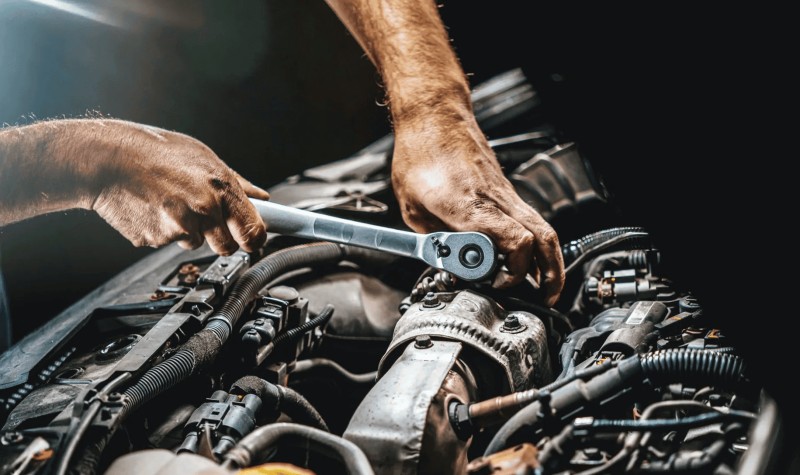 Is It Safe to Drive with Reduced Engine Power?
Is It Safe to Drive with Reduced Engine Power?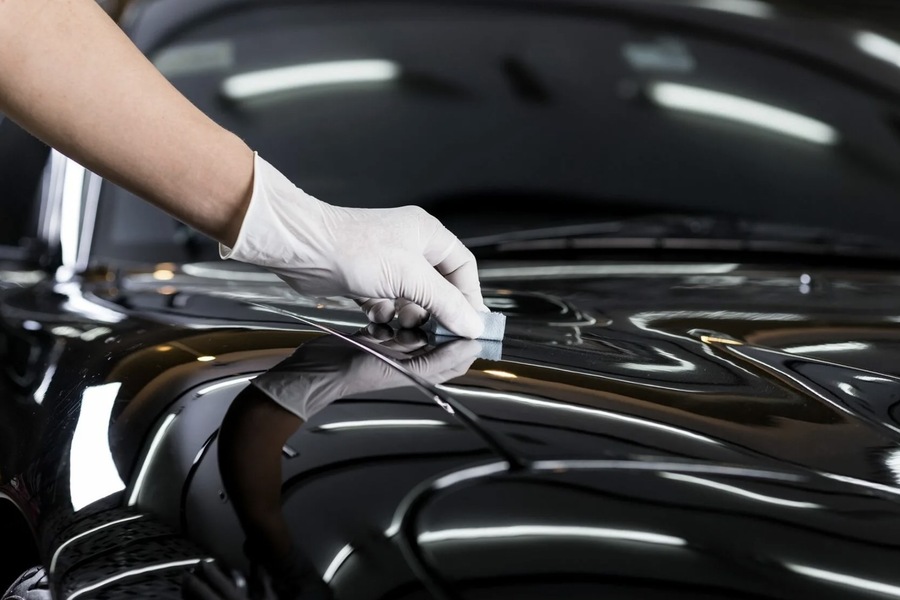 What Type of Car Paint Protection Is Best in Abu Dhabi? | Ultimate Guide
What Type of Car Paint Protection Is Best in Abu Dhabi? | Ultimate Guide How Does Ceramic Coating Protect Your Car’s Paint?
How Does Ceramic Coating Protect Your Car’s Paint? 5 Most Common Oil Mistakes That Might Ruin Your Car
5 Most Common Oil Mistakes That Might Ruin Your Car When Should You Replace Your Tires? Warning Signs You Shouldn’t Ignore
When Should You Replace Your Tires? Warning Signs You Shouldn’t Ignore Common Range Rover Problems and How to Fix Them
Common Range Rover Problems and How to Fix Them How Weather Conditions Affect Your Car Battery and How to Protect It?
How Weather Conditions Affect Your Car Battery and How to Protect It?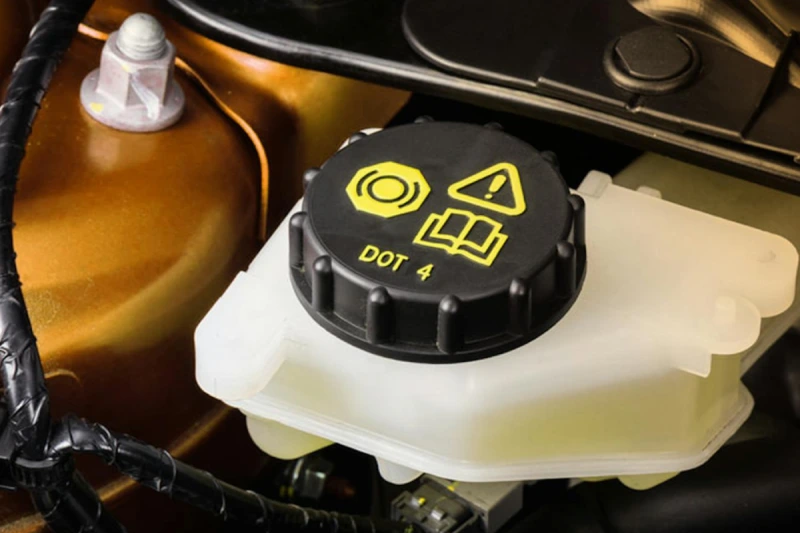 Why Brake Fluid is Essential for Your Car’s Safety in Ras Al Khaimah
Why Brake Fluid is Essential for Your Car’s Safety in Ras Al Khaimah Mercedes-Benz Engine Repair: Common Issues and How to Fix Them
Mercedes-Benz Engine Repair: Common Issues and How to Fix Them Top Signs Your Car AC Needs Immediate Repair in Abu Dhabi
Top Signs Your Car AC Needs Immediate Repair in Abu Dhabi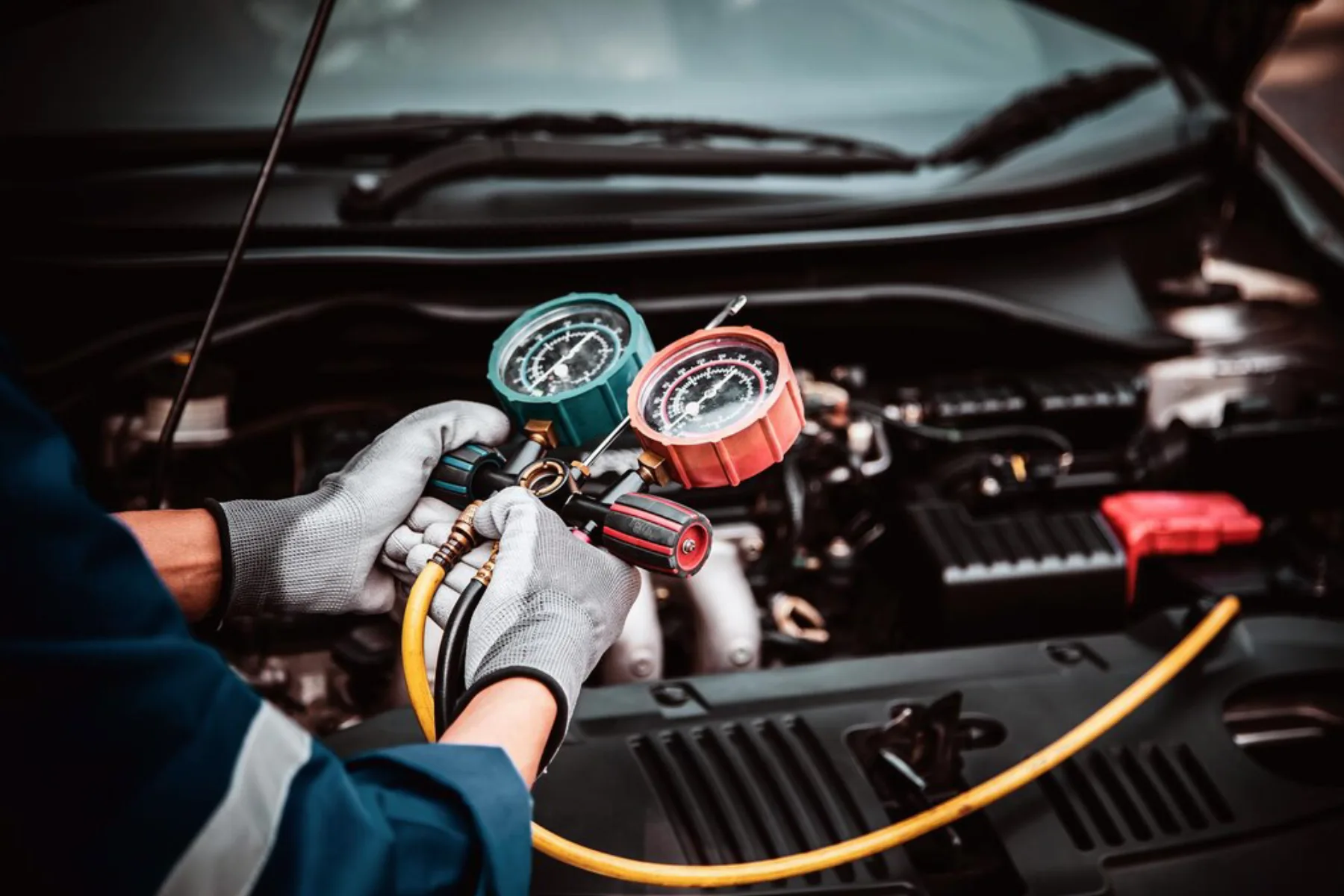 The Ultimate Guide to Car AC Repair: Everything You Need to Know
The Ultimate Guide to Car AC Repair: Everything You Need to Know How to Find a Reliable Car Garage Near Me in Abu Dhabi
How to Find a Reliable Car Garage Near Me in Abu Dhabi Why Car Detailing is Essential in Ras Al Khaimah
Why Car Detailing is Essential in Ras Al Khaimah Windscreen Repair vs. Windscreen Replacement: Which One Do You Need?
Windscreen Repair vs. Windscreen Replacement: Which One Do You Need? Top Signs Your Car Battery Needs to Be Replaced
Top Signs Your Car Battery Needs to Be Replaced The Importance of Regular Tire Maintenance: Tips and Tricks
The Importance of Regular Tire Maintenance: Tips and Tricks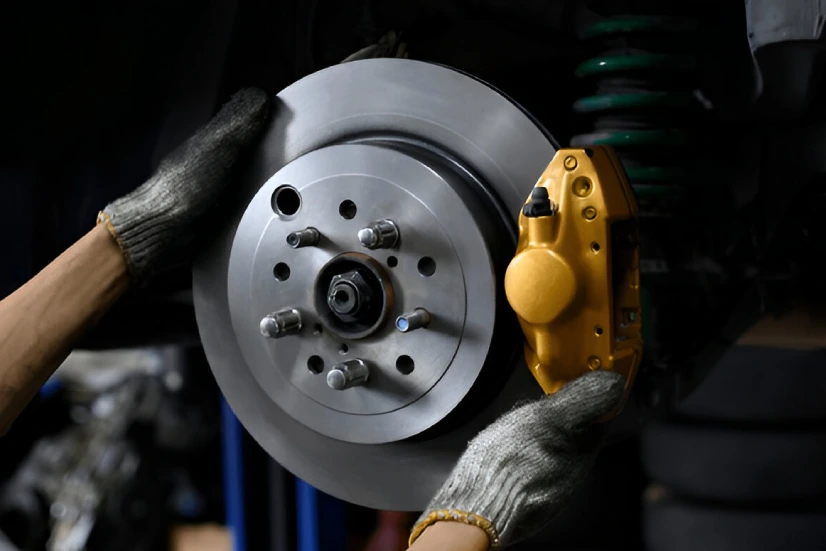 Understanding Brake Issues: When to Repair or Replace Your Brakes
Understanding Brake Issues: When to Repair or Replace Your Brakes What Can One Expect During a Full Vehicle Inspection?
What Can One Expect During a Full Vehicle Inspection?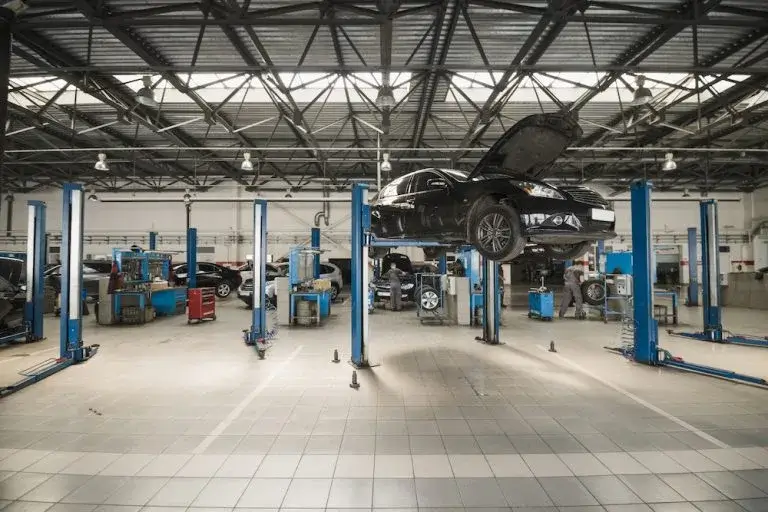 Top-Rated Car Garages in Ras Al Khaimah: A Comparative Guide
Top-Rated Car Garages in Ras Al Khaimah: A Comparative Guide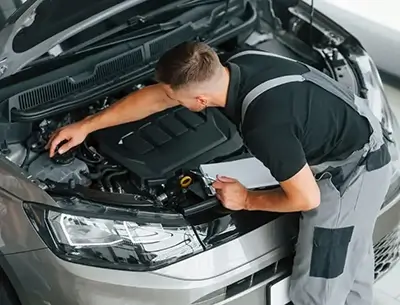 5 Common Engine Problems and How to Fix Them: A Guide for Car Owners
5 Common Engine Problems and How to Fix Them: A Guide for Car Owners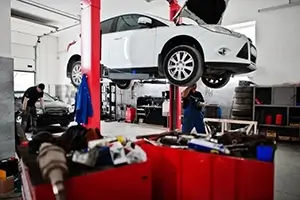 Signs You Need to Take Your Car to the Mechanic
Signs You Need to Take Your Car to the Mechanic Exploring Unusual Smells in Cars: A Guide to Identifying and Resolving Odors
Exploring Unusual Smells in Cars: A Guide to Identifying and Resolving Odors Bespoke Care for Your Range Rover: Understanding the Importance of Regular Service
Bespoke Care for Your Range Rover: Understanding the Importance of Regular Service Quick Tips for Finding the Best Car Mechanic Near You
Quick Tips for Finding the Best Car Mechanic Near You Choosing the right car repair workshop: Factors to consider
Choosing the right car repair workshop: Factors to consider Expert Car Mechanics Near Me: How to Identify Skill and Experience
Expert Car Mechanics Near Me: How to Identify Skill and Experience The Benefits of Regular Car Servicing for Optimal Performance and Safety
The Benefits of Regular Car Servicing for Optimal Performance and Safety Trusted Car Garages Near Me: How to Avoid Shoddy Repairs
Trusted Car Garages Near Me: How to Avoid Shoddy Repairs Preventing Costly Repairs with Routine Car Maintenance and Inspections
Preventing Costly Repairs with Routine Car Maintenance and Inspections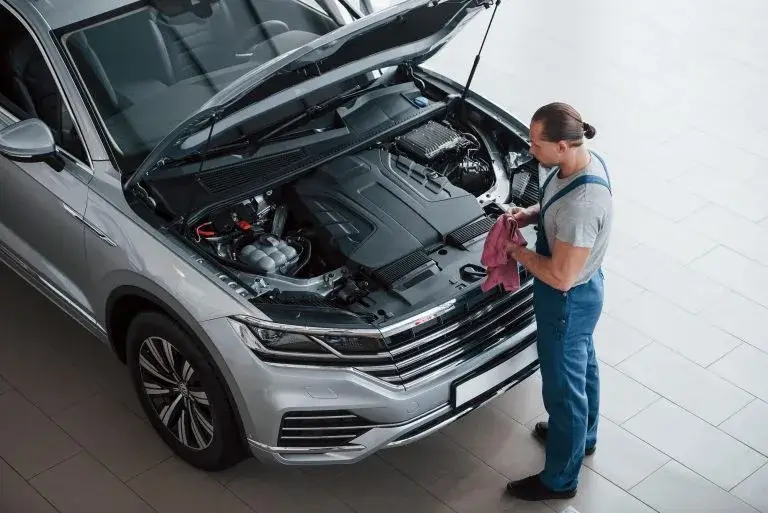 Navigating the Car Repair Industry: How to Find Honest and Affordable Services
Navigating the Car Repair Industry: How to Find Honest and Affordable Services Understanding the Basics of Car Maintenance and Repair for Vehicle Owners
Understanding the Basics of Car Maintenance and Repair for Vehicle Owners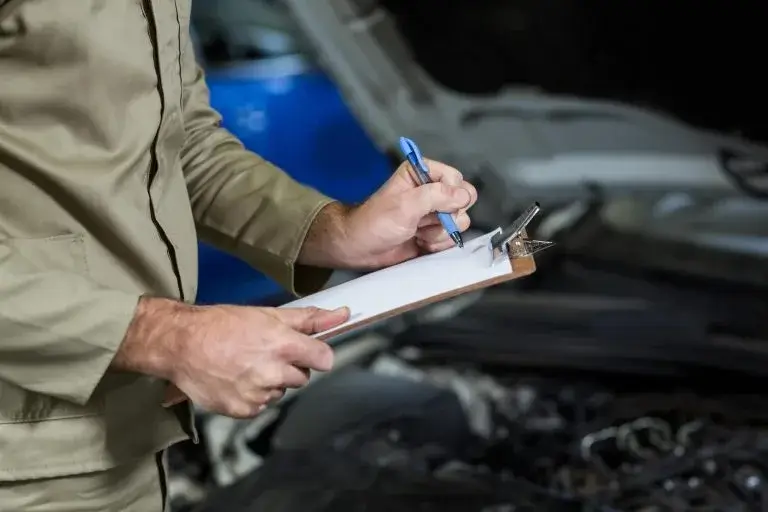 Why regular car servicing is crucial for long term vehicle health?
Why regular car servicing is crucial for long term vehicle health?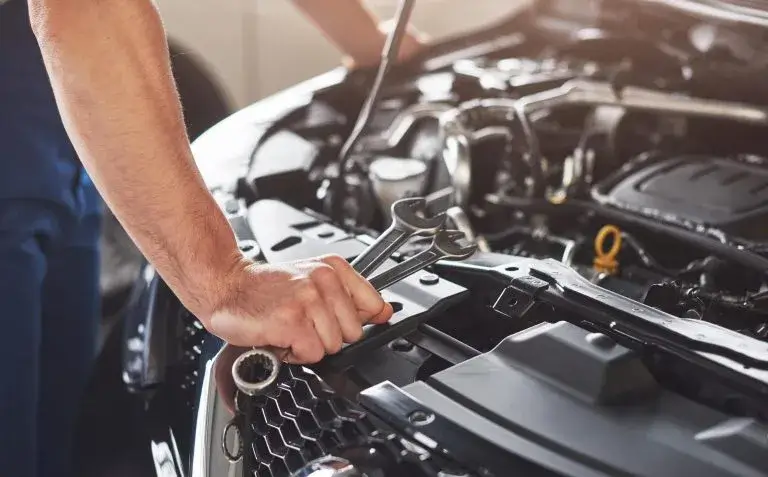 Maximizing the Lifespan of Your Vehicle with Routine Car Maintenance
Maximizing the Lifespan of Your Vehicle with Routine Car Maintenance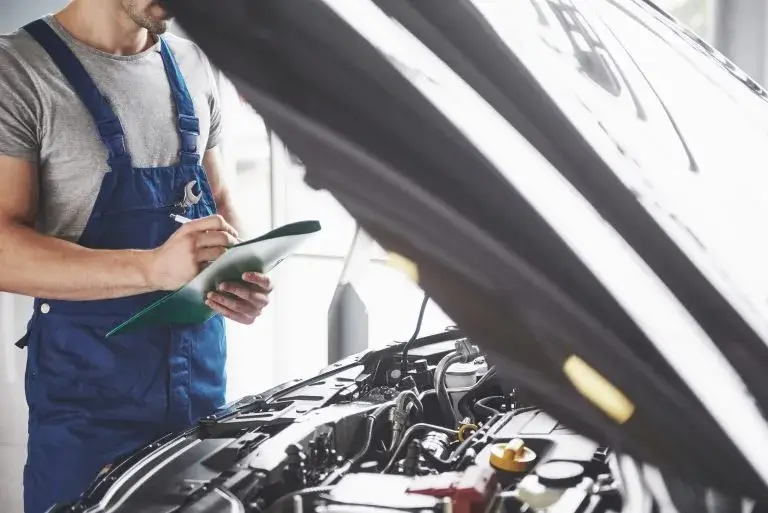 The importance of Pre-purchase car inspections: Don’t buy a lemon
The importance of Pre-purchase car inspections: Don’t buy a lemon